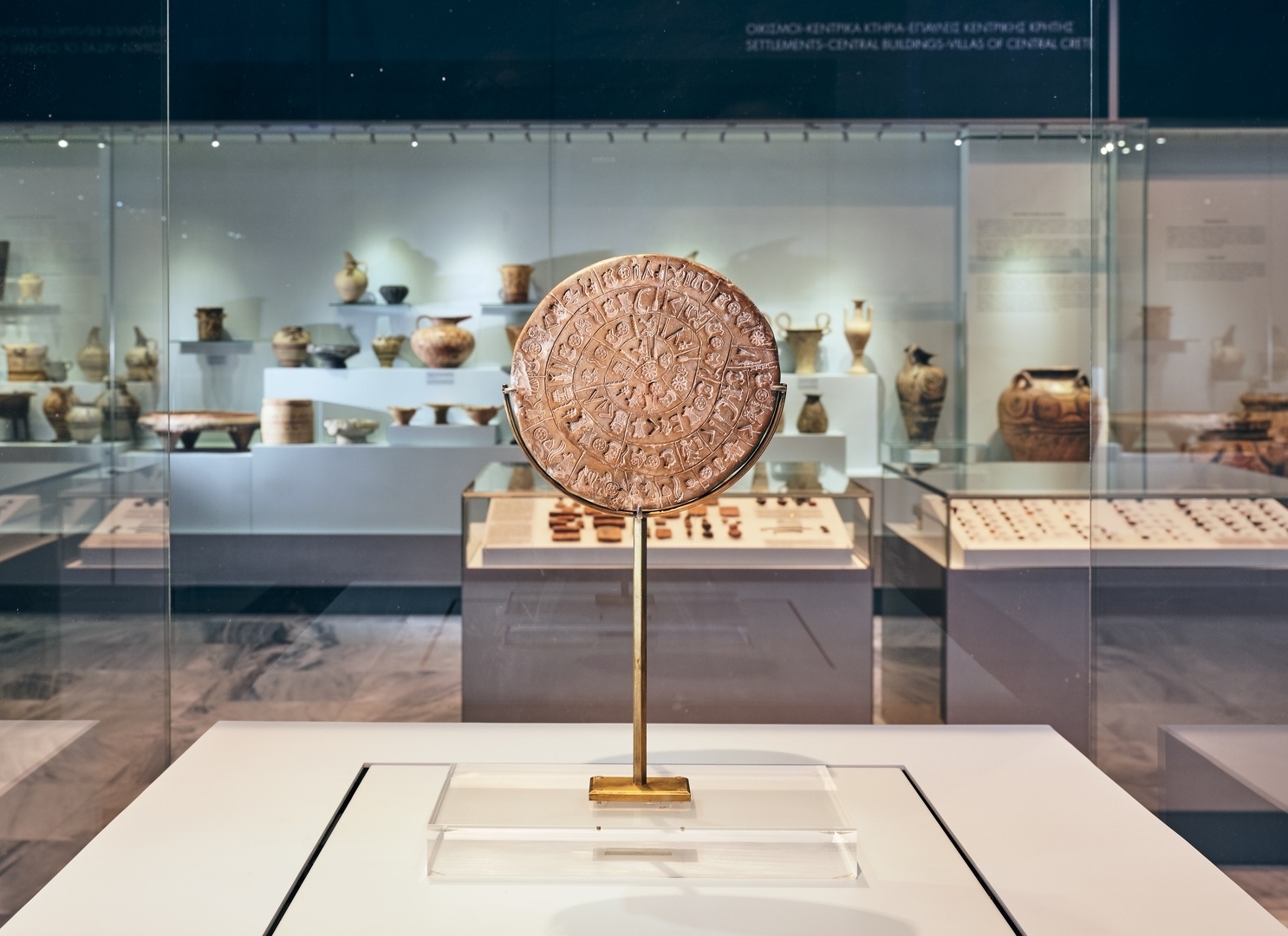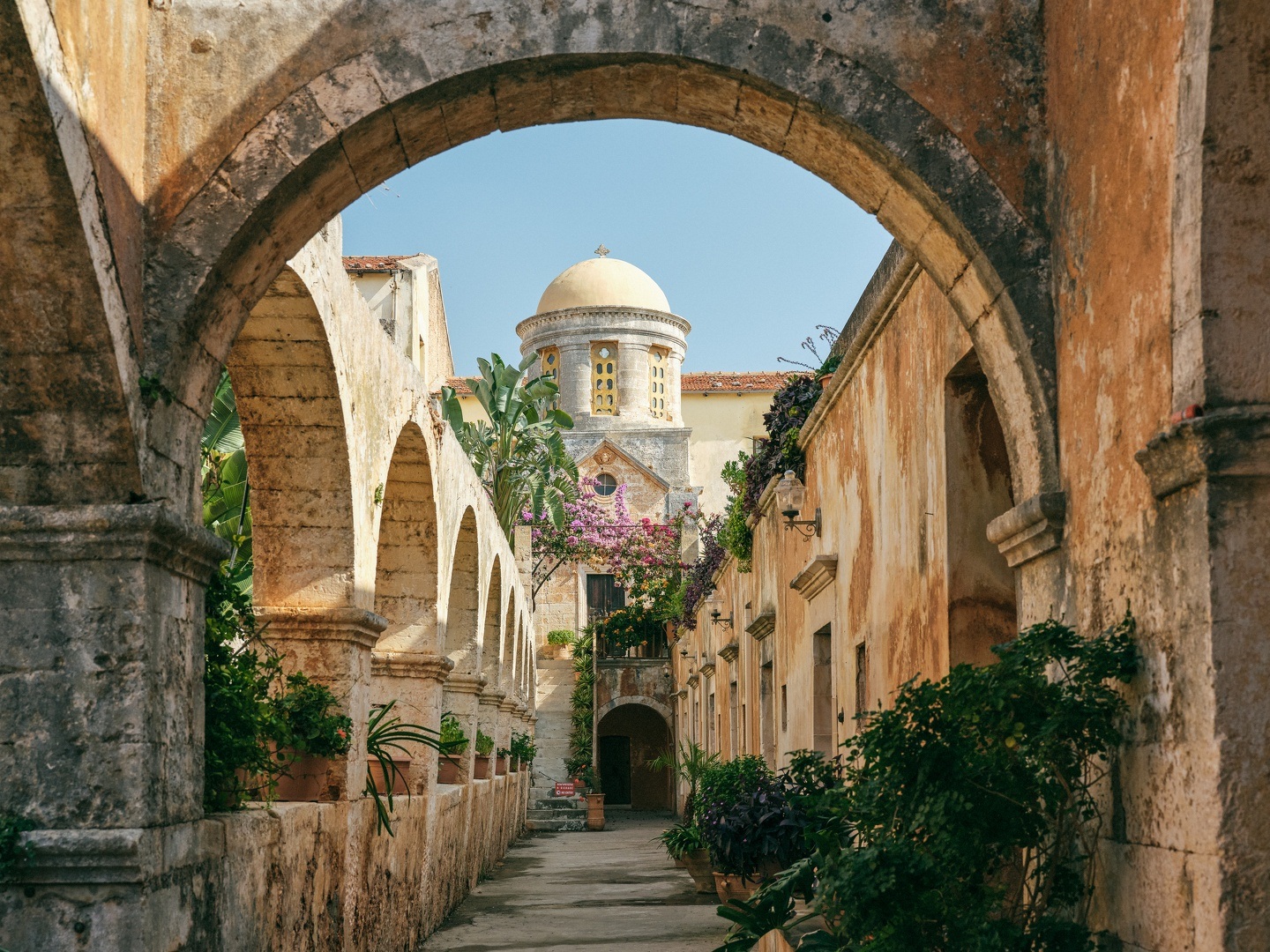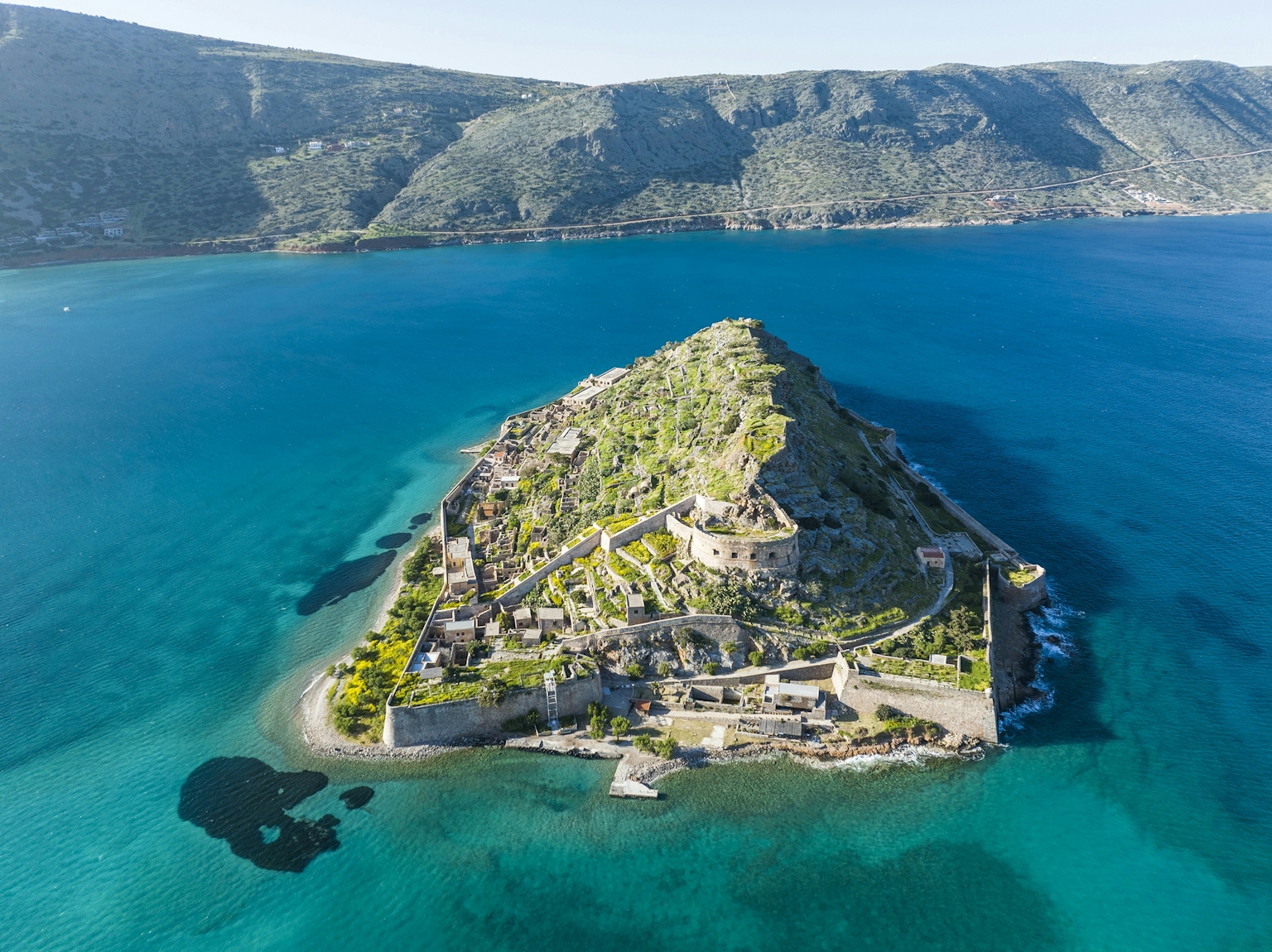Food & Drinks
The Cretan Diet: A Philosophy of Life Linked to Longevity
The Cretan diet, as indicated by numerous studies, is considered the ideal choice for improved health, and Cretan cuisine is recognised as one of the most delicious in the world.
Cretan cuisine has remained unchanged since the Minoan era, relying on what Crete produces and emphasising raw materials and traditional cooking methods.
The Cretan diet revolves around fruits, vegetables, herbs, legumes, and cheese products, with less emphasis on meat. The delightful flavours are enhanced by locally sourced herbs and complemented by excellent local wine.
A key nutritional element is olive oil, serving as the primary source of fat and recognised as nature's most potent antioxidant. The consumption of high-quality olive oil appears to be linked to lower disease incidence, with wine also contributing, as research suggests it possesses cancer-fighting properties. A prominent role in Cretan social gatherings is held by the renowned tsikoudia, an integral part of feasts and social occasions.
The Cretan village sausages and ‘apaki’ are renowned, and a notable dish is lamb and golden thistle. Snails, a local delicacy, hold a special place in the island's cuisine and are a favourite recipe for many.
Cheeses hold a special place on the Cretan table, with Gruyère, Kefalotyri, and Mizithra being favourites. A popular appetizer is dakos, barley rusks topped with tomato, olive oil, and mizithra.
The primary sweeteners in Cretan cuisine are honey and molasses, often paired with local yogurt and Gruyère cheese as desserts. Additionally, kallitsounia, a traditional Cretan pastry, is a common treat in many households.
Adopt the Cretan diet and savour the most delicious dishes for a long, healthy life.

















